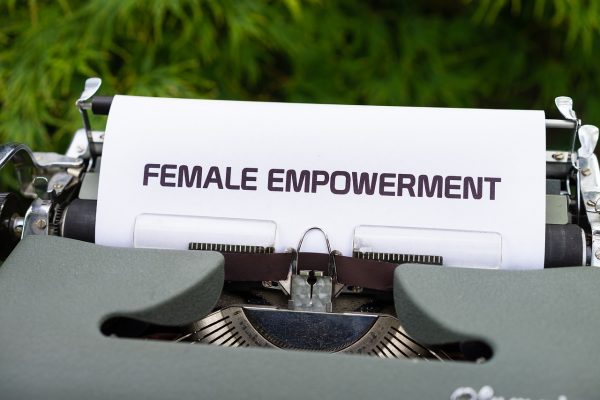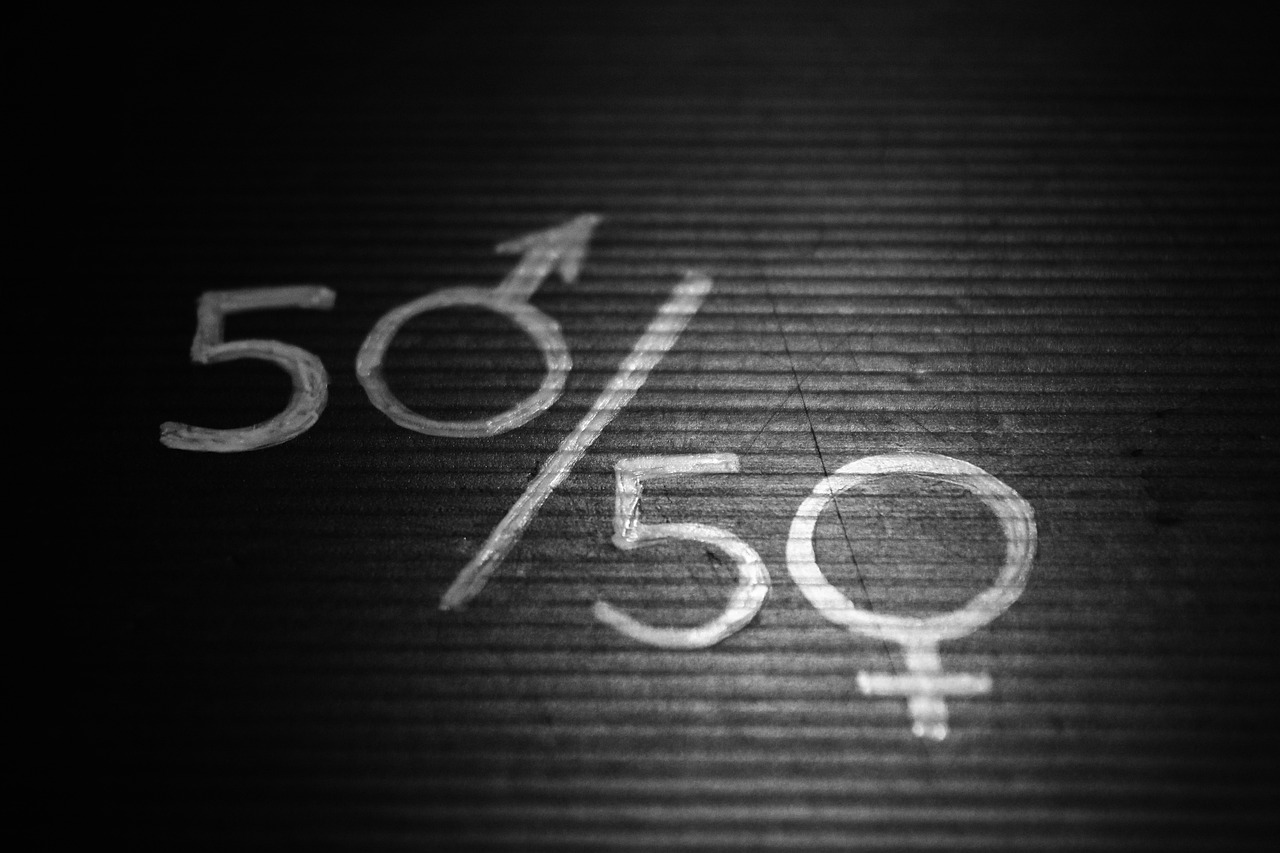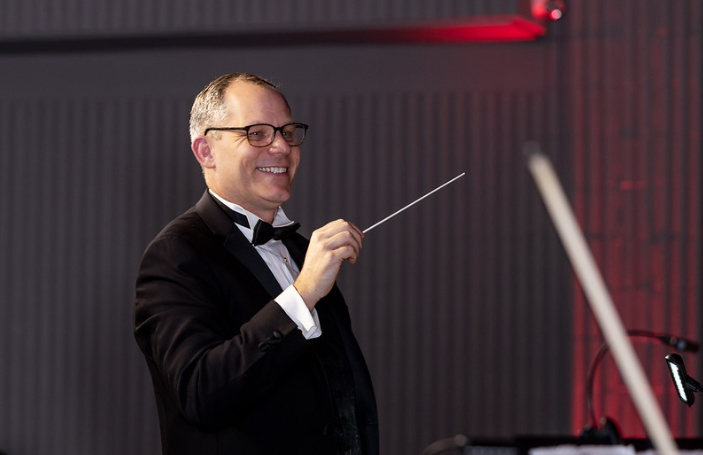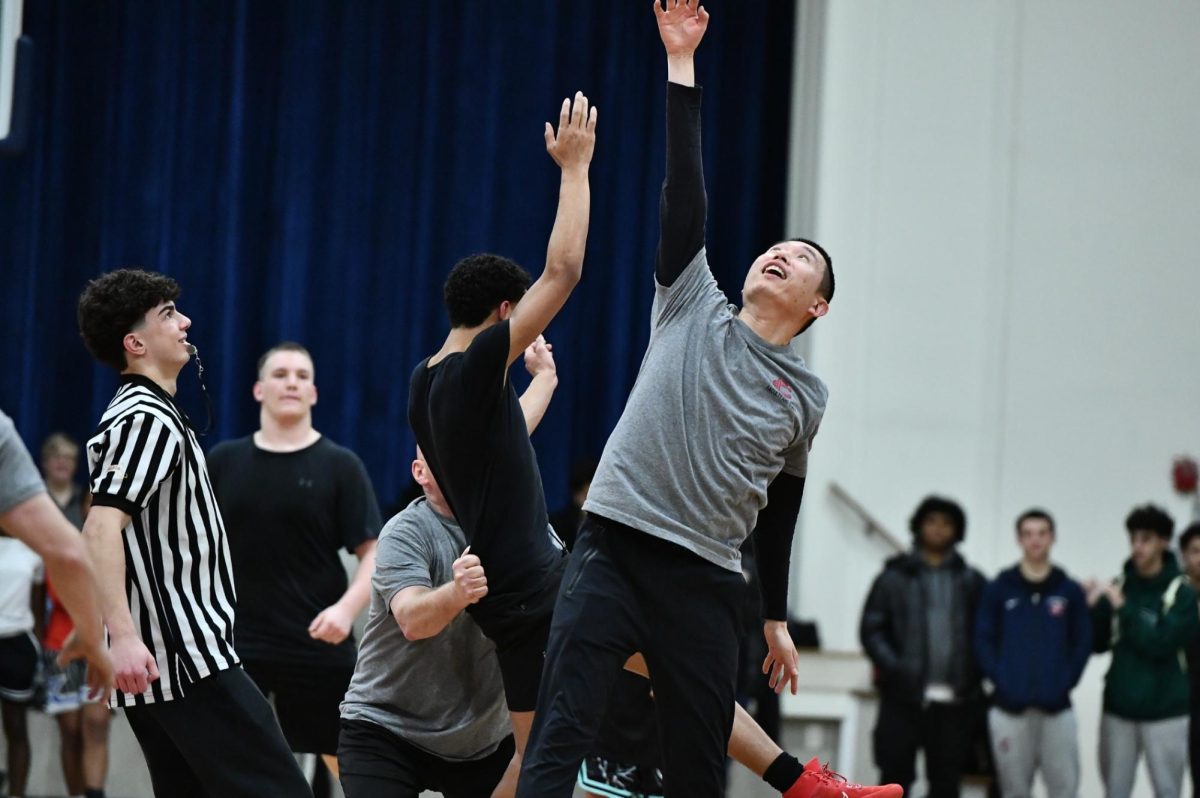Source for photo above: pixabay.com
The fight for equality and women’s rights is a battle that millions of brave women and men have fought for over a century.
Passed on August 26, 1920, the 19th amendment states secures the right of women to vote, which many people assume protects other rights to equality. Even the late Ruth Bader Ginsburg wrote that, the 19th amendment was the first step toward equal-citizenship stature for women.
However, to this day, women are still discriminated against due to their gender and race.
According to the article “Gender Pay Gap Statistics In 2024”, by Katherine Haan, on average white women earn only 84% of what white men are paid. This begs the question: realistically, how fair is our economy? Additionally, the unfortunate truth is that African American women are paid just 64% of what white men are paid; Native American women are paid 59% of what white men make; and Latina women are paid a mere 55% of what white men make. According to the Institute for Women’s Policy Research, Asian women receive approximately 92.7% of what men make, although Asian women receive the highest compared to a white men’s wages, this is still discrimination.
These statistics are a reflection of how little our society has evolved over the past century. What good are laws, amendments, and rights if they’re ignored?

Source for photo above: pixabay.com
A Brief History of Women’s Suffrage and Work Toward Equality
The passing of the 19th Amendment opened opportunities for women that they’d never had before, since the right to vote paved the way for other openings in the work force and civic life, it was truly an incredible feat achieved by thousands of hardworking women. However, while the 19th Amendment is supposed to equally provide voting rights to women, the indelible truth is that ethnic discrimination prevented women from fully expressing this right.
For example, due to the Chinese Exclusion Act, Chinese immigrants weren’t considered citizens, so women of Chinese ancestry remained unable to vote despite all their hard work.
Dr. Mabel Ping-Hua Lee was an incredible suffragist who at only 16 helped lead a parade in 1912 that was held to advocate women’s voting rights. Mabel was known for being brilliant at school and was mentioned several times in the paper for her academic achievements and suffrage movements. She would often use her remarkable writing skills to create pieces supporting women’s rights, such as, “The Meaning of Woman Suffrage,” an article she wrote in May of 1914.
Later on she was even invited to give a speech at a suffrage shop; her speech “The Submerged Half” is known for encouraging girls’ education.
Aside from Dr. Lee, there are many amazing women who have fought for their rights, like Dr. Alice Paul, one of the most influential activists of the 20th century. Paul was well educated, earning a masters, a PhD, and a law degree.Paul would often plan peaceful protests that were met with violence by adamant groups, in which police didn’t intervene.

Source for photo above: pixabay.com
These nonviolent protests became well known by the populace, the protesters were often referred to as the “Silent Sentinels”, women who were unloyal to the country. The women participating were constantly beaten, assaulted, and jailed, such as Alice Paul. There was even a night called the “Night of Terror” where many women were choked and beaten, sometimes to unconsciousness.
Paul ended up in a district jail in Virginia where she started a hunger strike, resulting in the guards force feeding her through a tube.
Paul wanted all women to have rights and founded the WWP or World Woman’s Party. She is also known for taking part in the inclusion of sex in the Civil Rights Act of 1964, which also stated that discrimination due to race, color, sex, etc. was illegal, so why are we allowing this illegal discrimination to go on unpunished?
Sojourner Truth, was another remarkable woman who worked and sacrificed for women’s equality long before the 19th amendment was passed. She was a woman who had anything but an easy life and still persisted and fought for women everywhere.
Sojourner Truth was born and raised in slavery; She was sold four times before ending up with John and Elizabeth Dumont.The Dumonts were known for being brutal to Truth: Elizabeth would harass her and John repeatedly raped Truth, which eventually resulted in her having a child of his.
Robert, a slave on a neighboring farm, fell in love with Truth; However, their relationship was frowned upon by John, who ended up beating Robert to death.Despite the impossible hardships she faced, Truth eventually escaped to freedom with her daughter in 1826 at age 29 and persevered speaking out against discrimination of race and gender.
In May of 1851, Truth spoke at the Ohio Women’s Rights Convention and delivered what is considered one of the most famous speeches on African American and women’s rights in American history, Aint’t I A Woman
To this day, Truth is known as the first black woman memorialized with a bust in the U.S, Capitol. All of these women, from Dr. Lee, to Dr. Paul, to Sojourner Truth have incredible and inspiring stories that need to be shared and remembered.
A Contemporary Look at Equality in the Work Place
For a modern perspective on the issue of gender equality and how that is experienced in 2024, I interviewed three women in different career fields.
Ms. Stacy Ciccolo, History Teacher
My first interview was with the Modern World and Pre-AP U.S.History teacher, Ms.Stacy Ciccolo, who is also the varsity softball coach at Central Catholic High School in Lawrence, MA.
According to Ms. Ciccolo, sexism in sports is still very much an issue: “as a coach with a male assistant coach, nine out of ten times […] in a situation where no one knows who the coach is, they go up to him.” She followed by stating, “In coaching it’s always been that way, especially when I was younger.”
She did inform me that her male assistant coach always redirects people with questions or concerns to her, which is one of the ways that men can demonstrate their belief in respect and equality for all women.
While on the topic of women’s sports, the popular women’s basketball player Caitlin Clark came up in the conversation. According to Ciccolo, “[Clark] is the most exciting basketball player right now, man or woman, yet they’re asking silly questions about her rather than the play.” This focus on Clark as a woman illustrates a major difference between what society believes men and women should value: society is more concerned about women’s appearances and their attitudes toward family while male athletes are judged on their performance on the court or field.
I then asked Mrs. Ciccolo how we as a society might move beyond sexism and racism in the workplace. She went on to say, “People are speaking out about a lot of things related to the discrepancy between men and women and the attention that it gets causes everybody to be a little bit more alert and awake about it. I think that’s great, it’s helpful, and hopefully it propels us in a different direction in the future.” By learning about and informing others about this topic, we can shed light to the unjust realities of the gaps in pay due to gender and race.
Lily Gerst, Engineer
I then interviewed Lily Gerst, an engineer and was also “ the only female manager” at her company when she used to work in Mexico, her country of origin. She explained what it’s like to work in a very male dominated industry, and what her career journey has been like. When I informed her of the statistics, she said that she “was not surprised” and has “known that being in a male dominated field is challenging, but also very rewarding.” However, she also informed me that sexism and disparities in the workplace are “not the norm…in some cases there are women that can also be very, very successful and also have good salaries.”
Taking Ms. Gerst’s experience into account, it is fair to conclude that for some fields, despite the gender pay gaps that women face, many women are successful in their career fields even if they are male dominated. However, this does not mean we can ignore this issue, so I asked Ms. Johnston, “how do we face this?”
Ms. Gerst gave this important piece of advice based on her experience: “raise your voice, It’s not okay just to settle if you feel you’re not being treated fairly.” She went on to say, “We as females feel there’s so much more on your plate besides your work, and having that work-life balance is challenging, especially, if you want to grow.” This is a common problem that many women experience, not only may they face unequal pay or treatment, but it’s easy to feel stuck and unable to grow as a person. It is also common to “feel that you have to sacrifice one thing to succeed or to keep moving up in the other one.”
Historically, women were expected to take care of the house and kids, as men worked and provided. However, this isn’t the twentieth century anymore, approximately 76.6 million women are in the workforce today.
Women have always worked, they just weren’t always paid for it. Now it’s commonplace for women to provide for their families. However, they face a multitude of stereotypes such as, they don’t work as hard as men; or if they are a hard worker, they are failing their feminine duties, because of course a man could never be held accountable for caring for his children and cleaning his house; those are seen as a women’s job, a job, but you don’t get paid for it.
And it doesn’t end there, there are other stereotypes such as the only reason women have a job is because of their gender and not their skill. According to Ms. Gerst, “As a female, you feel that you have to work harder to prove yourself…you earned your role because you’re smart and because you were the best qualified for the role…it feels like you have to work extra hard to prove yourself because all the males are thinking that you just got given the job just because you’re a female.”
Ms. Kate Johnston, Lawyer
My final interview was with Kate Johnston, a lawyer, working in another very male dominated industry. Once again when I informed her of the statistics, she told me that she was “not surprised at all because even in [her] workplace, that’s true in terms of salaries.” She even went on to say “ I think I deal with [sexism] everyday.”
She continued to tell me of times when older male workers called her and her female co-workers names like “honey, or dear, or peach…[which were]…not appropriate…everyone says ‘oh they’re older, they don’t know’, well maybe they should get with the times.”
Similar to Ms. Gerst’s former situation, Ms. Johnston informed me that she is currently “the only female in the homicide unit right now.” In her workplace (and in many workplaces), “Women maybe feel less inclined to ask for the raise, where a man always would, women do not think they deserve the raise, when a man always would.”. According to Ms. Johnston, stereotypes are so ingrained into our society that women may not even realize the extent of it.
Sexism isn’t only present in the workforce, it is present in our personal lives as well. No one turns a head if a man in his thirties happens to be single with a steady but demanding career, but if it’s a woman then everyone has something to say about it. If a woman is unmarried and without kids, Ms. Johnston continues, “People just assume she chose the career…[because]…women can only do one or the other.” This presents one of many stereotypes mentioned in this article alone, clearly expressing the need for a change in pay and our mindsets towards women and their “values”. Is that something we decide, or is it decided for us?
There are many controversial issues in the world, but we must ask: If that was your daughter, or mom, or sister, or girlfriend, or wife that was experiencing unfair treatment, how would you feel? Women endure countless stereotypes and challenges daily, and the difference in pay between men and women is one that can be fixed, and frankly, has gone unnoticed for far too long. We need to open our eyes and face this issue.
Numerous incredible people have spent over a century fighting for women’s rights, and these statistics can’t be ignored, women like Sojourner Truth did not fight just to earn 64%.




















Daniel • Mar 9, 2025 at 12:37 pm
This article really opened my eyes to how much work still needs to be done for gender equality. I didn’t realize how bad the pay gap is, especially for women of color. I had no idea that women are still paid way less than men. I did like how the article connected to the past, like with Sojourner Truth and Alice Paul, to what’s still happening today. It made me think about how even though things have changed, women still face a lot of unfair treatment in jobs and sports. I wonder what it will take for society to really change and treat women and men equally in all areas on the globe.